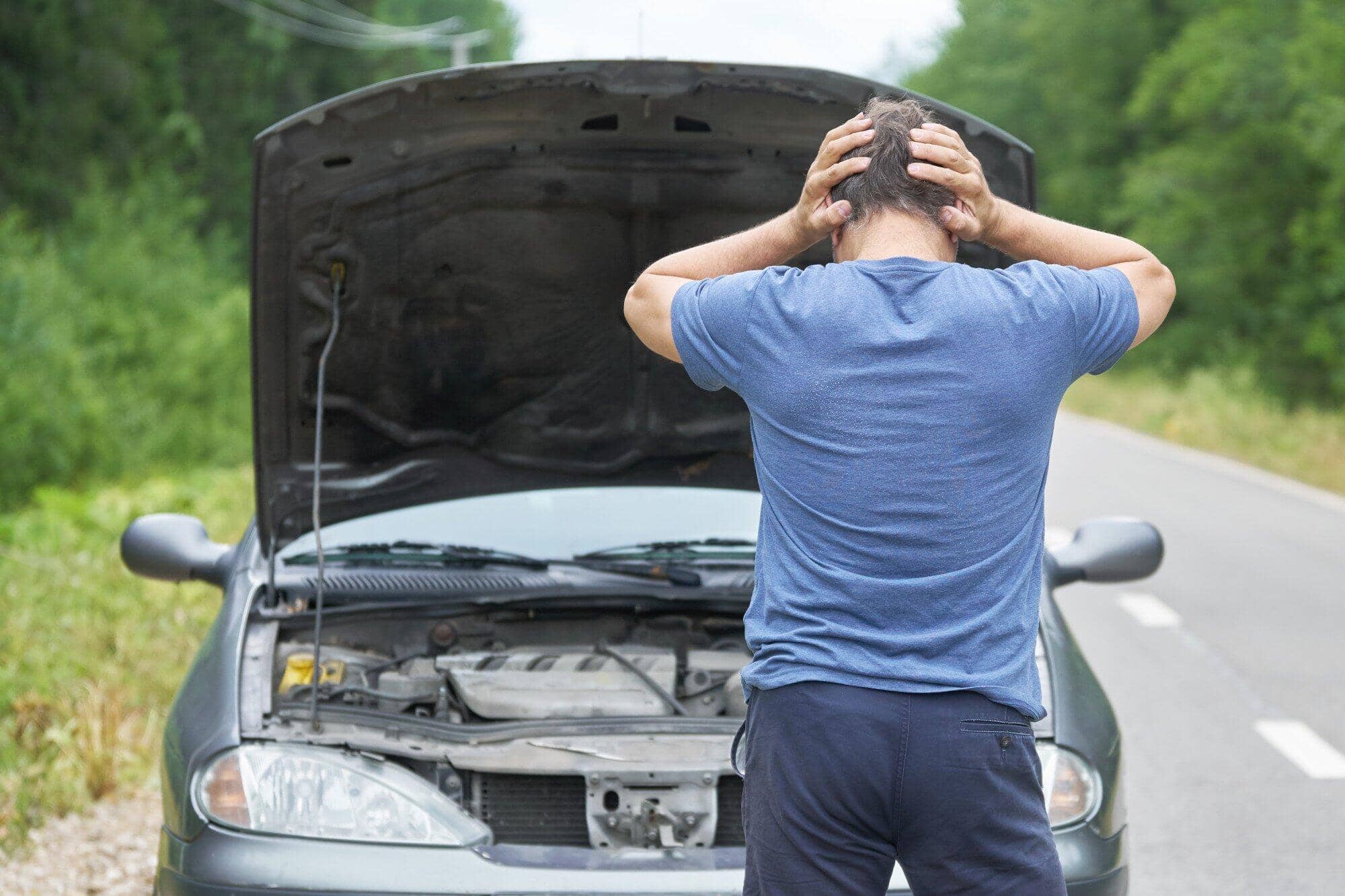If you rarely find yourself driving your diesel truck for more than 20 minutes at a time, you are likely doing your vehicle more harm than good. Diesel engines are designed for long-distance hauling. Shorter trips can cause a host of problems under the hood. Certain features and diesel components that are designed to protect the engine will fail to engage when the engine stays below a certain number of rotations per minute (RPM). This can lead to more clogging and wear and tear in critical areas throughout the vehicle. Learn more about the effects of driving a diesel for short distances and why it’s best to go for a long ride every once in a while.
Table of Contents
Poor Fuel Economy
The first thing you will likely notice on a shorter ride is the dramatic decrease in fuel efficiency. You probably know that diesel fuel is more efficient than gasoline, but you wouldn’t know that from completing short trips. Diesels need to drive on the highway for the fuel efficiency to kick in, so all those errands around town could be costing you more than you think. When you drive slowly for shorter periods of time, the engine will have more trouble burning all the fuel that’s being injected into the combustion chamber. The engine uses extreme temperatures to burn the incoming air and fuel, but it needs several minutes and decent acceleration to reach the proper temperature.
If the chamber isn’t hot enough to burn off all the carbon and water created during the explosion, the engine won’t generate as much energy. It’s the equivalent of throwing out a container of food with crumbs inside instead of scraping the bottom clean to get every last ounce of fuel. If you really want to make the most of every dollar you spend at the pump, you should spend more time driving on the highway and less time in the city.

Clogged Diesel Particulate Filter
All that extra carbon and water, including ash and soot, will do more than just hurt your fuel efficiency. If there is excess particulate matter in the combustion chamber, it ends up sticking to various parts and components in the engine. The matter will move through the fuel system until it eventually makes its way to the diesel particulate filter, which is tasked with removing the particulate matter from the fuel. But the DPF can only filter out so much carbon and soot before it starts to clog.
Your diesel truck has two filters, a secondary and a primary. Both will give out much sooner during short trips than they would on longer trips. That’s because the engine uses regeneration to automatically burn off the excess matter that forms on the filter, but regeneration will only engage when the vehicle reaches a certain speed. Keeping your truck off the highway prevents the engine from maintaining itself. A clogged DPF will further decrease the truck’s fuel efficiency as the flow of fuel slows to a trickle.
Damaged Fuel Injectors
A clogged DPF will throw off the fuel injectors, which regulate the amount of fuel going into the combustion chamber. Each injector uses a delicate balance to calculate the amount of pressure needed to directly inject the fuel so that it sprays evenly as a fine mist. If the filter is clogged, the injectors won’t be able to regulate the fuel pressure, making it hard to burn. You will need to replace the injection control pressure (ICP) sensor on the Powerstroke 7.3 more often than expected when driving short trips.
Damaged EGR Coolers
Many diesels use exhaust gas recirculation coolers to reduce the temperature of the exhaust gas that’s being recirculated into the combustion chamber. This is a form of emissions reduction technology that’s designed to prevent diesels from leaking nitrogen dioxide into the atmosphere, which contributed to global warming and poor air quality. If the exhaust gas is full of particulate matter, it can cause the cooler to clog as well. The housing will eventually crack, spilling coolant into the crankcases. Find replacement EGR coolers online to resolve the problem before it turns into a total headache.

Rusted Tailpipe
The excess water from the unburned fuel can spread throughout the engine, causing the metal parts to rust. This tends to be most apparent on the tailpipe. You may see rust and holes starting to form on the cylinder, which is always a cause for concern. If these problems are showing on the outside, you can bet they are also present on the inside.
Shop for diesel truck parts online to find everything you need to protect your diesel truck on shorter trips. Consider leaving your diesel at home and using a smaller car to complete short trips instead. Your diesel is best used on the highway, and you will likely pay a small price every time you limit yourself to a drive around the block.





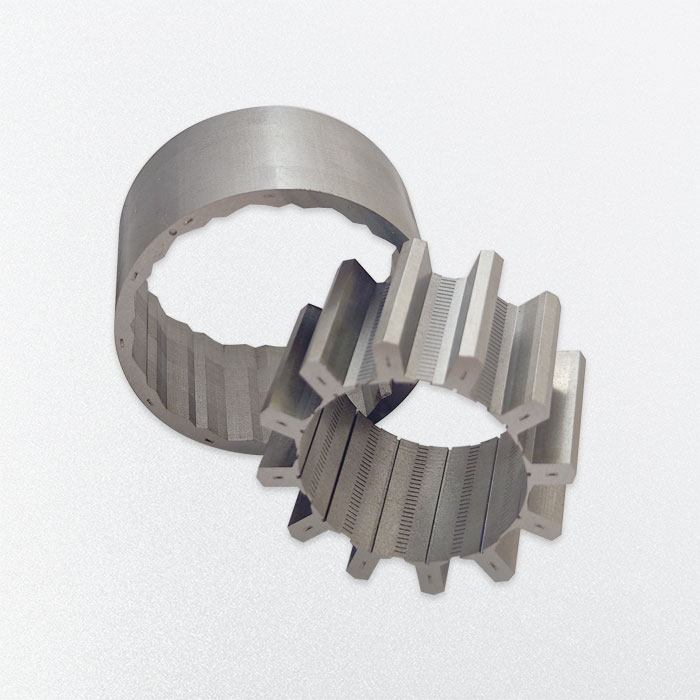
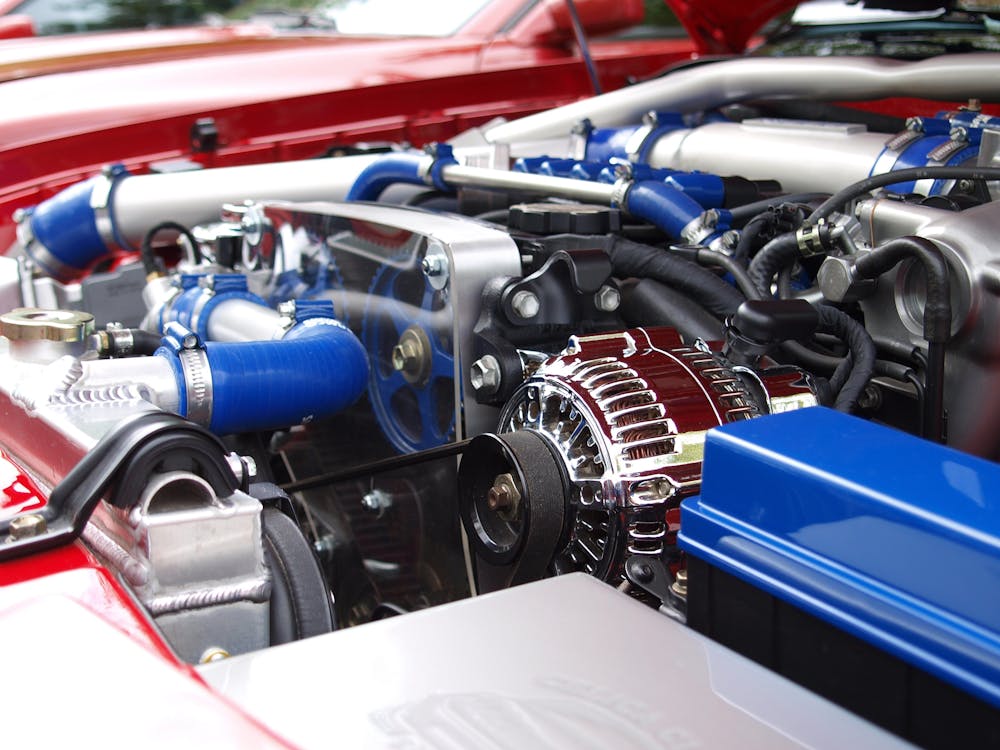
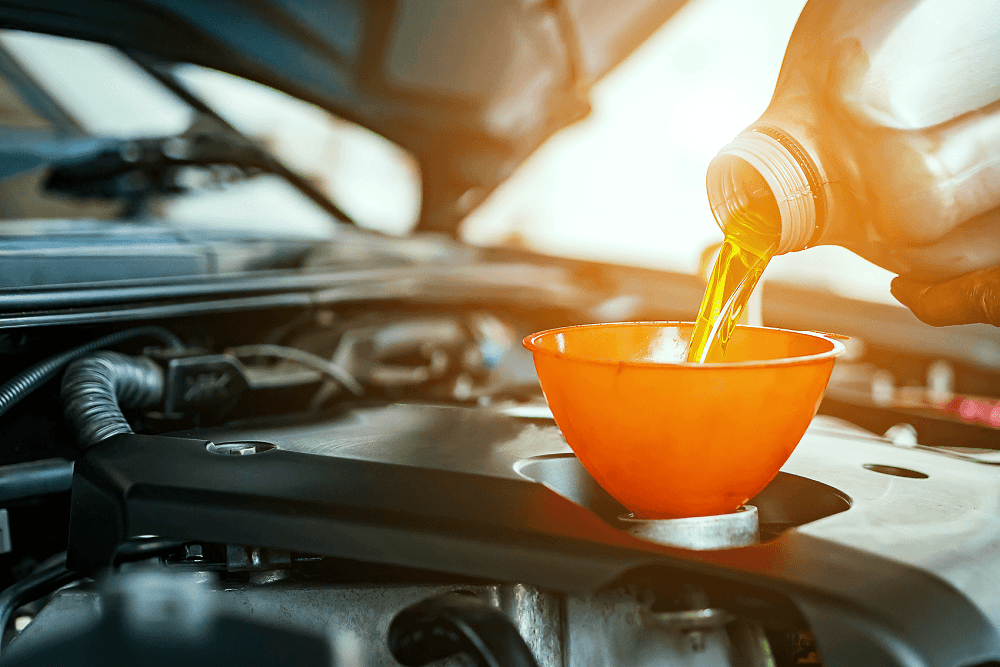
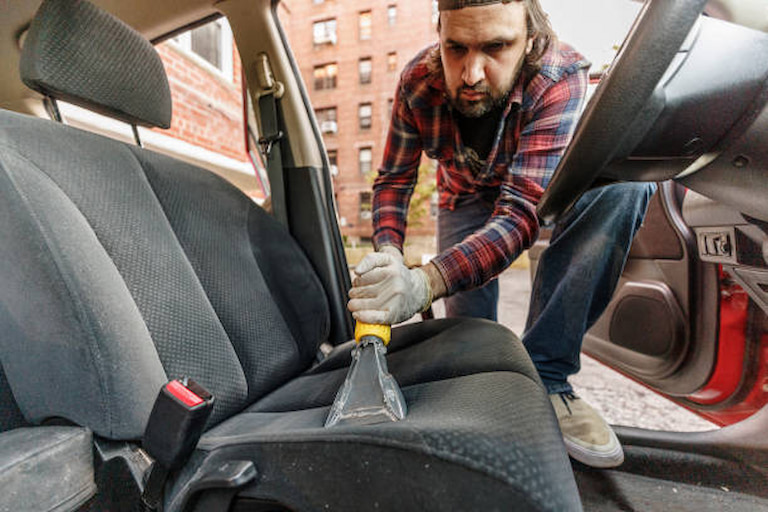
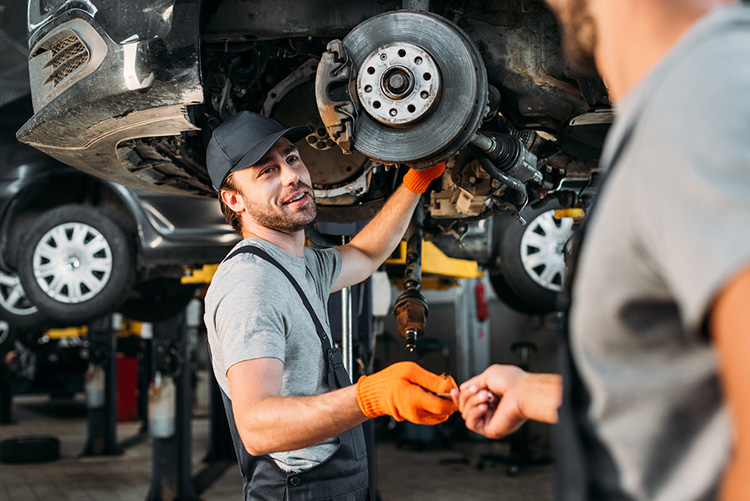



:max_bytes(150000):strip_icc()/GettyImages-522272311-5949bdc15f9b58d58a035319.jpg)
